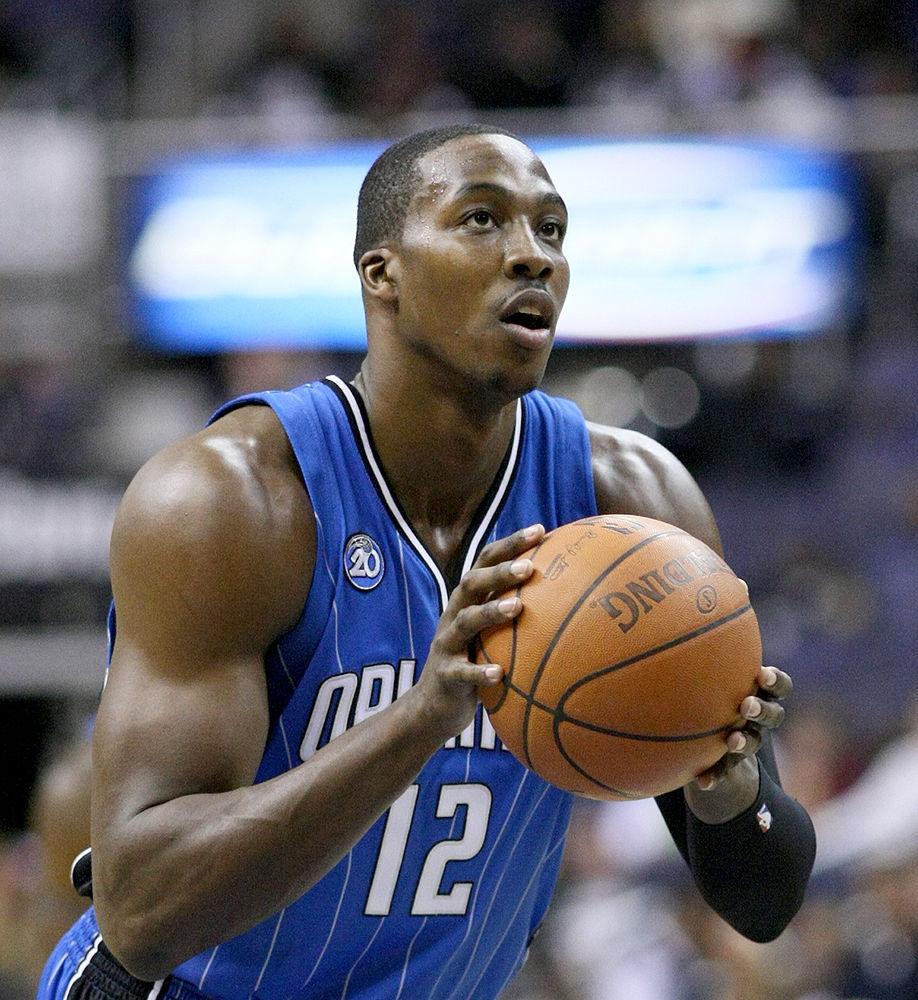After a thrilling NBA Playoff that resulted in the powerhouse Golden State Warriors defeating the Cleveland Cavaliers in four games, the excitement hasn’t stopped in the offseason.
On June 22, arguably one of the best draft classes in league history, often drawing comparisons to the heralded 2003 draft, took the stage to begin their NBA careers with their new teams. Names like Jayson Tatum, Lonzo Ball and Dennis Smith Jr. were called in round one.
Organizations have looked to free agency for established veterans to bolster their rosters. The Boston Celtics made noise with the signing of forward Gordon Hayward, and the Western Conference got stronger with superstar Paul George’s move to the Oklahoma City Thunder.
Sitting in an obviously weaker conference, the Charlotte Hornets have made the necessary transactions this offseason to make a push for the playoffs in the 2017-18 season.
Two days before the NBA Draft, the Atlanta Hawks traded center Dwight Howard and the No. 31 pick to the Hornets for forward Marco Belinelli, center Miles Plumlee and the No. 41 pick in the draft.
Howard, just 31 years of age, is an eight-time All-Star and three-time Defensive Player of the Year, yet will be playing for his third team in three seasons.
The elite rebounder has displayed prowess and power on the hardwood, averaging 13.5 points per game and 12.7 rebounds per game with the Hawks, but has had issues regarding team chemistry and a diminished role with past organizations.
Trading Plumlee away helped improve Charlotte’s frontcourt immensely. Assuming Howard will start, 24-year-old center Cody Zeller will become one of the best backup big men in the NBA. Zeller improved in nearly every statistical category in the 2016-17 season, and will complement the veteran Howard nicely.
Despite the gamble on Howard, Charlotte finally added a star player that could put it over the edge.
The Hornets held the No. 11 and No. 31 picks in the draft and selected University of Kentucky shooting guard Malik Monk and Duke point guard Frank Jackson, respectively. Later on draft night, Charlotte traded Jackson to the New Orleans Pelicans for the No. 40 overall pick, Florida State shooting guard Dwayne Bacon.
Although undersized at the two position at just 6-foot-3-inches, Monk was arguably the most exciting player in college basketball last season. The SEC Freshman of the Year averaged 19.8 points per game in his freshman campaign, including a 47-point outburst in a win against UNC-Chapel Hill.
Monk is an incredible scorer who was often locked in from 3-point range also, shooting 39.7 percent from deep.
He can score in traffic and has the clutch gene, but he needs to work on expanding his offensive game and developing on the other side of the ball.
With the drafting of Monk, all eyes were on the electrifying former Wildcat entering Orlando Summer League competition, but Monk would miss the five-game stretch due to an ankle injury.
Enter second-team All-ACC selection Bacon who impressed in the tournament. Bacon started all five games with 15.4 points per game, including 29 points and eight rebounds in his final outing.
The freshman five-star recruit helped lead the Seminoles to a 26-9 finish, good for third in the ACC.
Bacon has the size for a shooting guard, 6-foot-7, and can slash to the rim with ease, but his 3-point percentage and defensive consistency could use some work.
Bacon has the obvious talent and intangibles to be successful in Charlotte; in fact, following his summer-league debut, the Hornets signed Bacon to a three-year deal with the first two years guaranteed.
While summer league contests and offseason acquisitions are easily hyped up, there is a lot to be excited about in the Hornets’ camp.








